Multiple-level Predictive
Control of Mobile Cyber Physical Systems
|
NSF
CNS-1239108
|
Research Problems
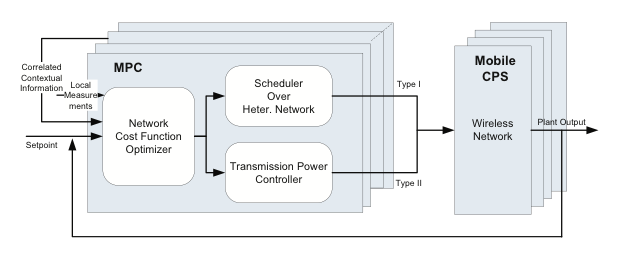
Figure 1. Predictive Wireless Network Control for Vehicles
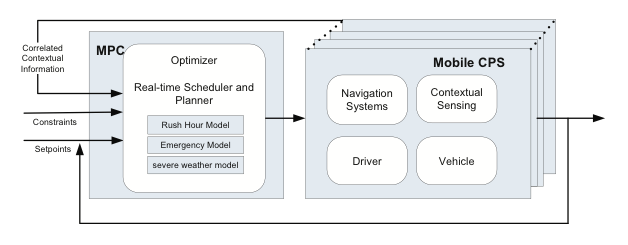
Figure 2. Model Predictive Mobility Control for Optimization
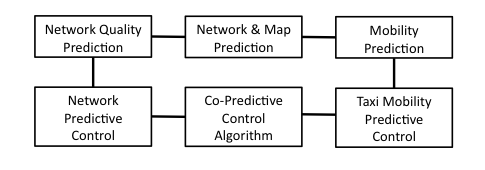
Figure 3. Network and Mobility Coordination
HIghlight - pCruise System (RTSS 2012)
In taxicab industry, a long standing challenge is how to reduce taxicab’s mileage spent without a fare, i.e., cruising miles. The current solution for this challenge usually depends on passengers to provide their locations in advance. To solve this challenge without locations provided by passengers, in this paper, we propose a cruising system, pCruise, for taxicab drivers to find the optimal routes to pick up passengers to reduce cruising miles, thus maximizing their profits. Based on several key GPS records collected from other nearby taxicabs, pCruise characterizes a cruising process with a cruising graph. According to pick-up events from nearby taxicabs, pCruise assigns weights on edges of a cruising graph to indicate the utility of corresponding road segments. When a taxicab becomes vacant, pCruise provides a distributed online scheduling strategy to obtain the optimal cruising route. We evaluate pCruise based on a 10 GB real world GPS dataset from a city with more than 14; 000 taxicabs. The evaluation results show that pCruise can assist taxicab drivers to reduce cruising miles by 41% on average.
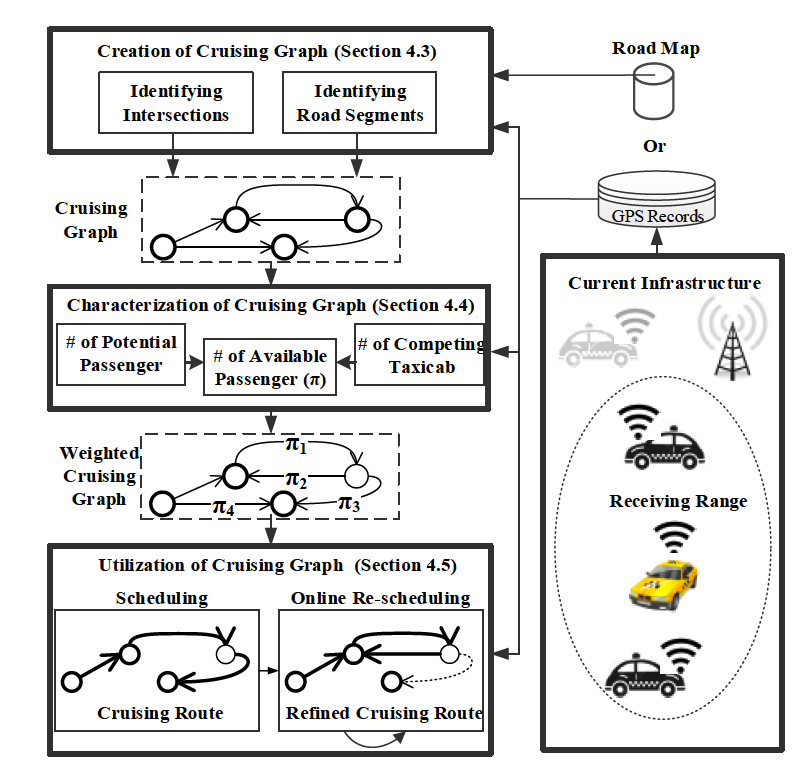
Figure 4. pCruise Overview
Testbed
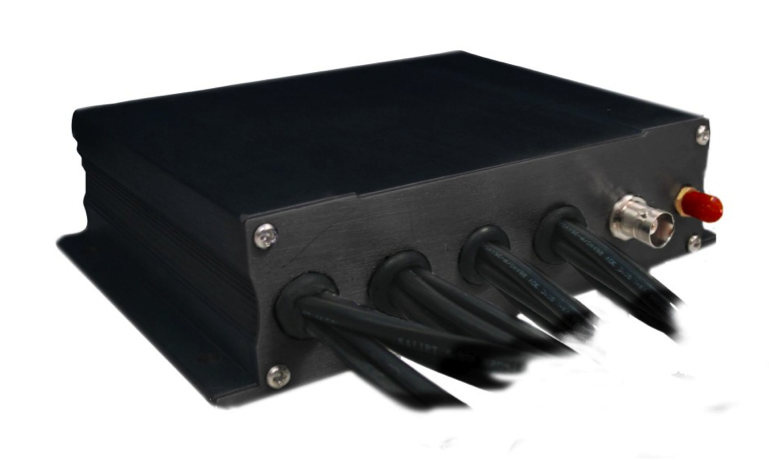
Figure 5. Taxibox
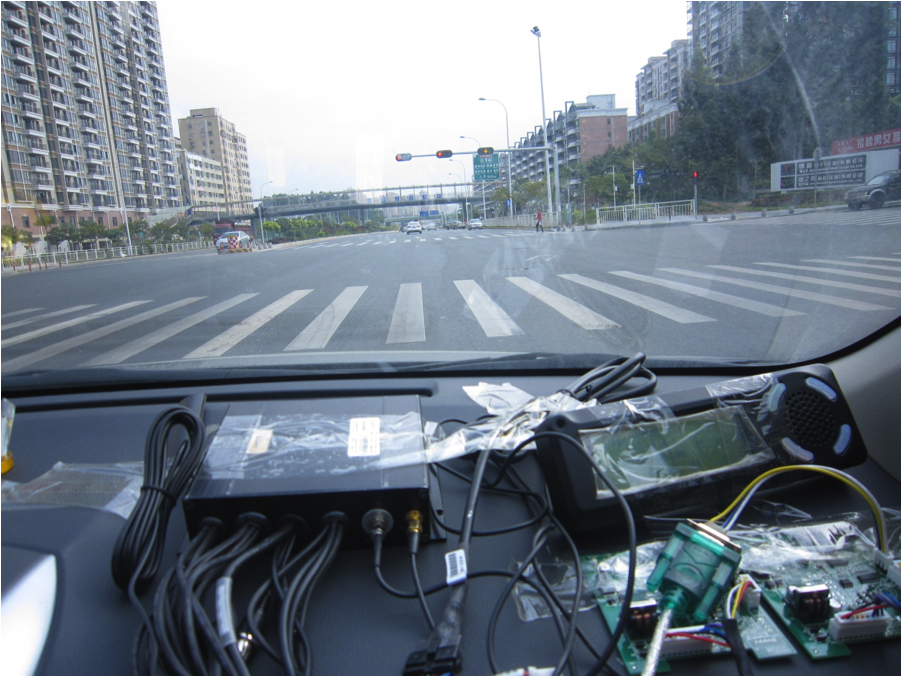
Figure 6. Taxibox deployed in a taxi
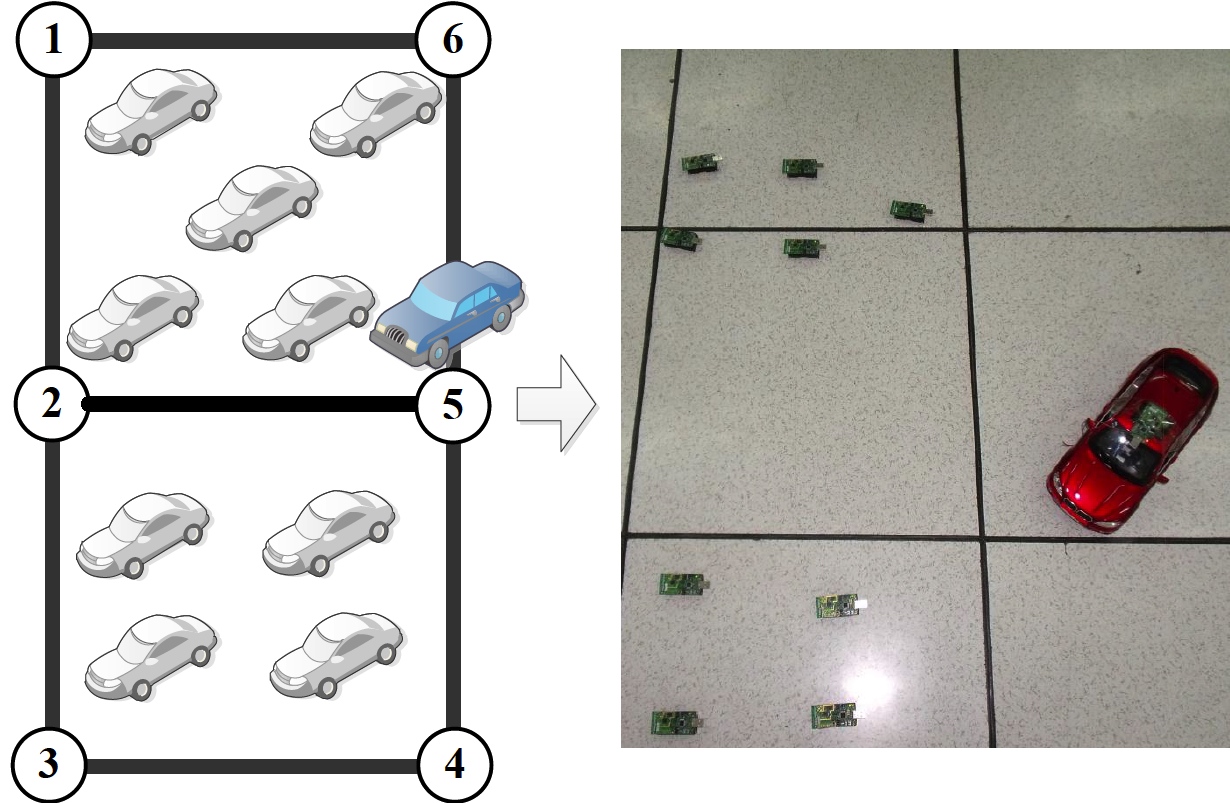
Figure 7. Sensor Testbed
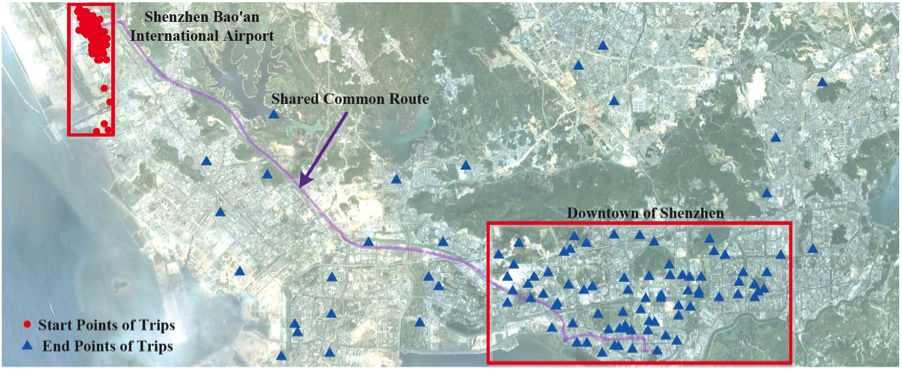

Figure 8. Spatial Distributions of Pick-up Requests in a City (Shenzhen)